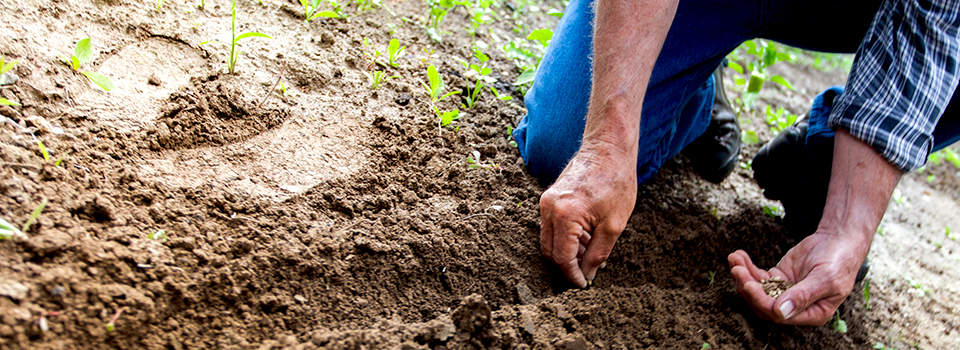

PROJECT RATIONALE
Changes
As of 2000, 46% of Langkat land cover was >30% tree cover, but due to deforestation and land burning activities, this caused soil degradation and also changes in people’s behavior in terms of the economy.

Project Areas
People of Tangkahan, Langkat have for generations relied on cacao crops, coffee crops and other high value commodities. However, in the last 20 years, natural forests have been cleared and replaced with monoculture palm oil plantations, this has resulted in the destruction of the traditional agricultural system, which also has an impact on the lifestyle of the next generation. This is also coupled with the increasing popularity of this area being used as a tourist area, so that young people prefer to have a career as tourism guides rather than continuing the agroforestry tradition.
Climate Change Impacts/Effects
- The decline in income from the traditional agroforestry sector. The reality is that with the opening up of this region to become a tourist area, it does not necessarily mean that these residents can easily increase their economic income due to unorganized tourism implementation, this also results in huge economic inequality. This also means less money is available for health and school costs.
- The amount of waste found throughout the Tangkahan area has increased since the area was opened as a tourism area, with the amount of plastic waste both being recycled and becoming residue. This will affect the preservation of nature itself, as well as the quality of health of the population which will decline due to the accumulation of rubbish in every corner of the village and along the river.

Future
The changes that are expected to occur with the construction of the Tangkahan Permaculture Institute are as follows :

1.
Availability of facilities and infrastructure that support sustainability education.

2.
Implementation of agroforestry and sustainable garden (permaculture) for villagers food security.

3.
Establishment of a community empowerment program with the formation of local communities and superior village products in order to launch a circular economy.

4.
Get access and facilities for renewable energy.

5.
Able to run an active waste bank program and waste management independently and in an integrated manner.
Goals & Objectives
Tangkahan Permaculture Goals :
1.
Reduce emissions and stabilize levels of greenhouse gases (greenhouse effects) that trap heat in the atmosphere.
3.
Strengthen home food security, improve well-being and capacity to anticipate, and respond to changes occurring in nature.
2.
Ensuring that food production is not threatened, and enabling economic development to proceed sustainably.
4.
Ensuring that sustainable activities do not only stop with the current generation by trying to raise the next generation who are aware and understand environmental issues and are able to think of solutions for the future.






Tangkahan Permaculture Objectives:
Building Sustainable Education Facilities.
Build the facilities and infrastructure needed to implement sustainable education.
Establish Sumbawa Permaculture Institution Class.
Organize training, educational classes, awareness workshops, meetings, and other outreach activities.
Increasing Agroforestry program
Carry out planting on forest land and empty fields using agroforestry and MPTS (Multi Purpose Tree Species) methods where the results from MPTS will be processed by the group of women farmers that we foster.
Developing Sustainable Education Curicullum for Children, Teenager and Communities.
Create a sustainable education curriculum that can be integrated with the national curriculum and is easy to understand.
Implement Sustainable Integrated Farming
Carry out sustainable farming using permaculture, and the use of pesticides and natural fertilizers from the results of anaerobic fermentation of kitchen organic waste (Local Microorganisms and Eco Enzymes).
Implement Energy - Efficient Technology
Integrating solar panels and hydroelectric power plants for agricultural land and home industry production kitchens
Community Empowerment by Circular Economy
- Carrying out community empowerment activities, by forming assisted farmers to optimize sustainable integrated farming methods with a wider scope.
- Forming groups of women farmers to process agricultural and non-timber forest products into superior regional products that can be accepted on the export market.
Establish Waste Management Processing
- Forming an active waste bank in collaboration with villages.
-Integrating poultry and BSF (Black Soldier Fly) to process remaining organic waste.
-Integrating a biodigester to process cow, buffalo and goat manure.
Establish Home Food Security program
Carry out a home-based food security movement, where one family can have a small garden that is optimized as a food source and integrated with livestock that have a low level of care (free-range chickens, goat, sheep).
